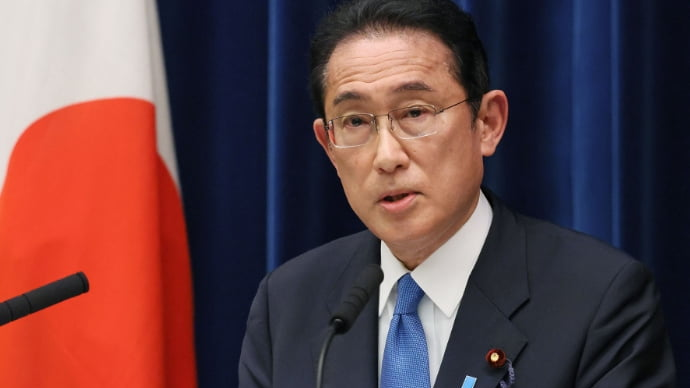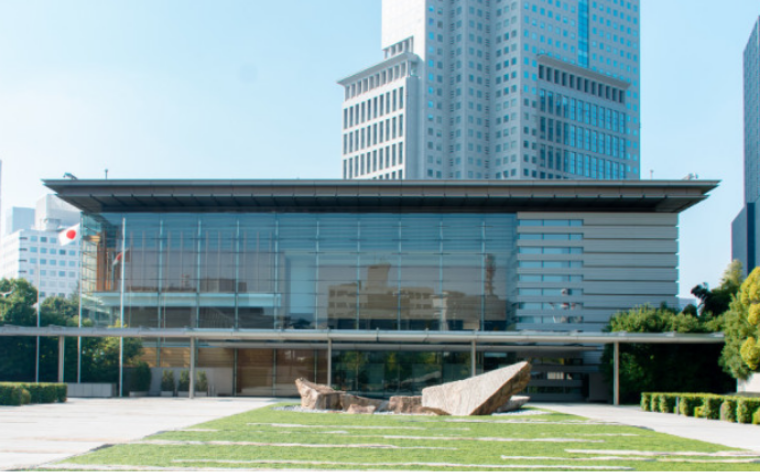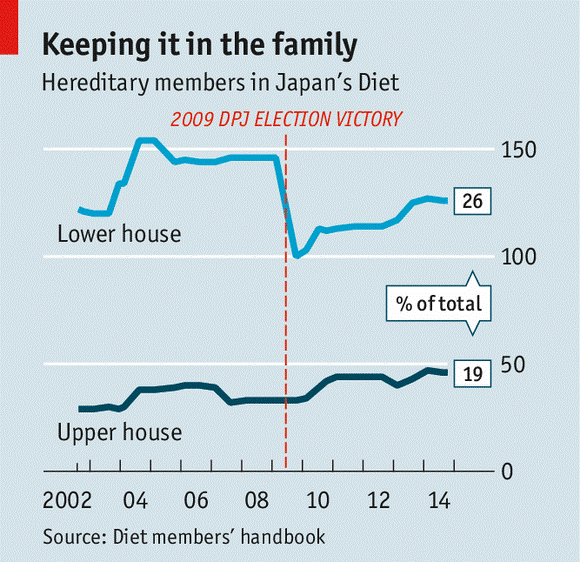Seeking the Unsuspected Merits of Nepotism: The Controversial Example of Japanese Prime Minister Kishida’s Son

(Source: Prime Minister of Japan and his Cabinet)
In October, it led to speculation that Japanese Prime Minister Fumio Kishida appointed his son as a senior political aid. He has three sons and the oldest one; Shotaro is at the center of a controversy. While as reported in the media, the approval rating of the government has already declined (*1), even if Kishida administration defended appointment of prime minister’s son as executive secretary to the prime minister, his choice was pointed as mixing private and personal matters. Therefore, this essay will analyze why nepotism has been criticized and whether it has provided unsuspected merits in the political world or business.
(Figure: Prime Minister’s office of Japan)

(Source: Prime Minister’s office of Japan)
Some people say that if you become a company president, you should find a suitable successor. In other words, most of corporate managers may be under pressure to keep the business running. When your sons or daughters can demonstrate their competence and develop their business, many workers in your company may accept your decision. In fact, it is said that the great majority of American businesses are family owned or controlled, many of them are in the list of Fortune 500 companies. For example, the Coors family of Colorado has been making beer since 1873. Brown-Forman, maker of Jack Daniel’s and Southern Comfort, has been a family business for more than 130 years and ascribes its success to a policy of “planned nepotism.” (*2). In addition, Japan also may keep a stable condition that nepotism can be accepted in the society because political power in Japan had been controlled by nepotism except recent 150 years after the Meiji Restoration.
While there are also many hereditary rulers like George W Bush, Justin Trudeau, and Al Gore in foreign countries, things don’t turn out like this in the case of the political world. We are major beneficiaries of public services. Therefore, politicians often are subject to the most intense public scrutiny.
In the case of Kishida family, the prime minister himself hails from a long line of Hiroshima lawmakers therefore many people suppose he want to produce his successor and train his son as his successor. While there are some kinds of secretary to politicians, such as policy secretaries, public secretaries and private secretaries, the prime minister can appoint additional secretaries who sustain his government about public and political affairs.
It is often pointed that the status of executive secretary who have an integral role in political affairs in the government have been played by key persons or big names because the position could be exposed to high-level policymaking. Therefore, if his son can experience such a position, the prime minister will get an advantage from preparing his son for successor (*3). As a result, his son will also get his political connections as a popular politician’s successor.
(Figure: Hereditary Members in Japan’s Diet)

(Source: Economist)
In conclusion, as we know from history, it is difficult to determine that nepotism has only demerits. However, especially in the political world, it could increase the probability of political corruption. Therefore, it seems that rulers will be required their accountability for his appointment to their secretaries or successors.
Masatsugu KURAMOCHI
Analyst, Global Intelligence Group (GIG)
(Reference)
(*1) https://www.japantimes.co.jp/news/2022/10/12/business/kishida-new-capitalism-no-progress/
(*2) https://www.theatlantic.com/magazine/archive/2003/07/in-praise-of-nepotism/302753/
(*3) https://www.japantimes.co.jp/news/2022/10/04/national/politics-diplomacy/kishida-promotes-eldest-son-senior-aide-sparking-talk-succession-plans/
-https://agora-web.jp/archives/221004002925.html
-https://www.forbes.com/sites/sungardas/2014/10/01/nepotism-on-the-job-the-good-the-bad-and-the-ugly/?sh=45389f22531f



